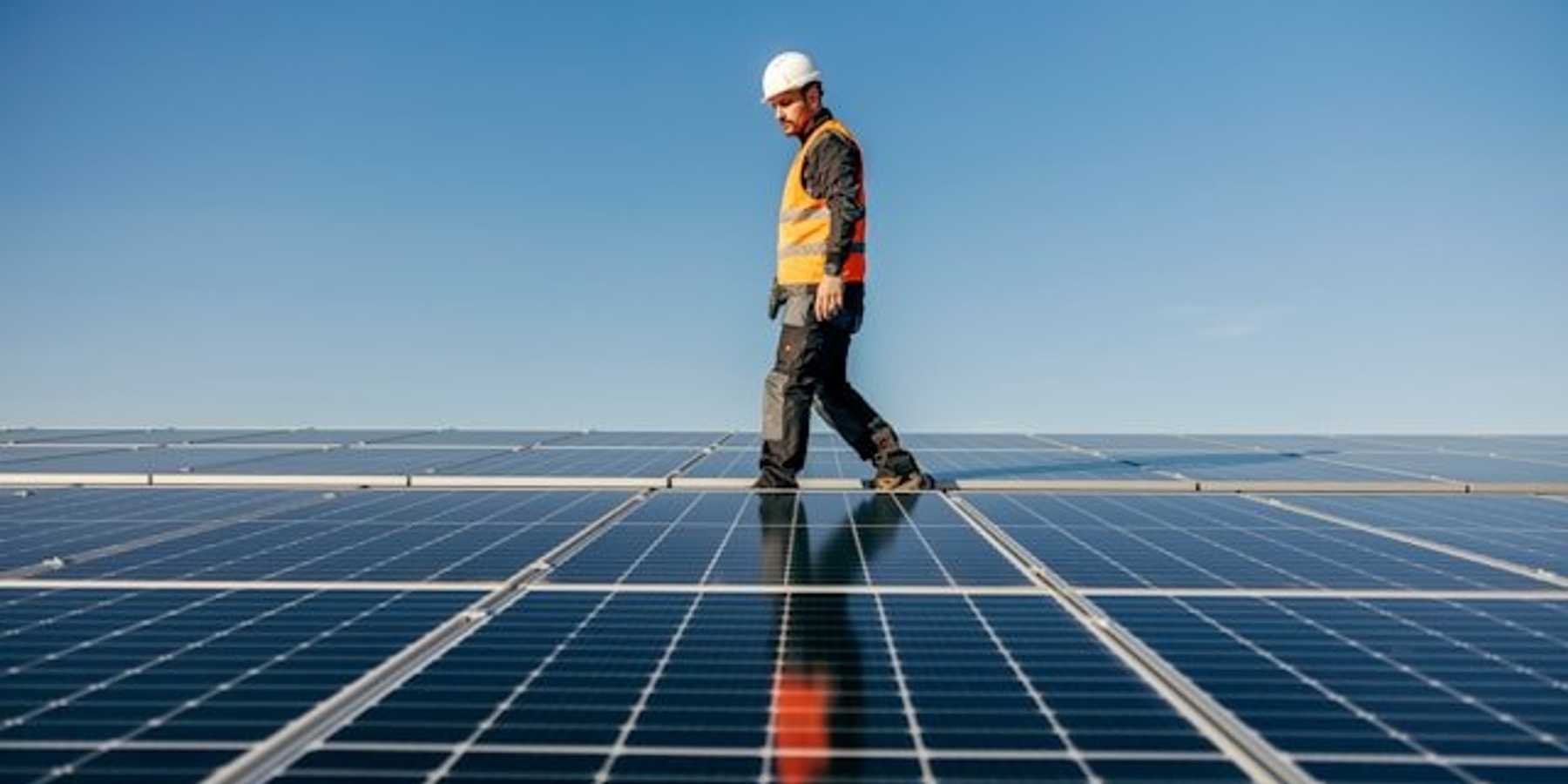
U.S. tariffs hit Indian solar exports as domestic market faces pressure to absorb surplus
The Trump administration’s 50% tariff on Indian imports has sharply reduced the U.S. market for Indian solar panels, threatening the growth of India's expanding clean energy manufacturing sector.
Somini Sengupta reports for The New York Times.
In short:
- India recently announced it had increased solar manufacturing capacity 50-fold over the past decade, producing enough panels to generate 100 gigawatts of electricity.
- The U.S., previously India's largest buyer of solar panels, imposed a 50% tariff on Indian goods this week, making those exports financially unviable.
- India now faces uncertainty over whether its domestic market can absorb the surplus, as it tries to scale up rooftop solar and reduce dependence on Chinese components.
Why this matters:
India is betting heavily on solar power to meet its energy needs while reducing greenhouse gas emissions, but its reliance on global trade leaves it vulnerable to shifting geopolitics. As it tries to compete with China in clean energy manufacturing, protectionist policies like U.S. tariffs threaten to stall momentum. The sudden loss of the American market may push Indian solar firms to slash production or abandon expansion plans. And because most Indian solar panel makers still depend on imports from China for key parts like silicon wafers, the country's push for energy independence remains precarious.
Read more: Solar is no longer alternative energy—it's the new default













